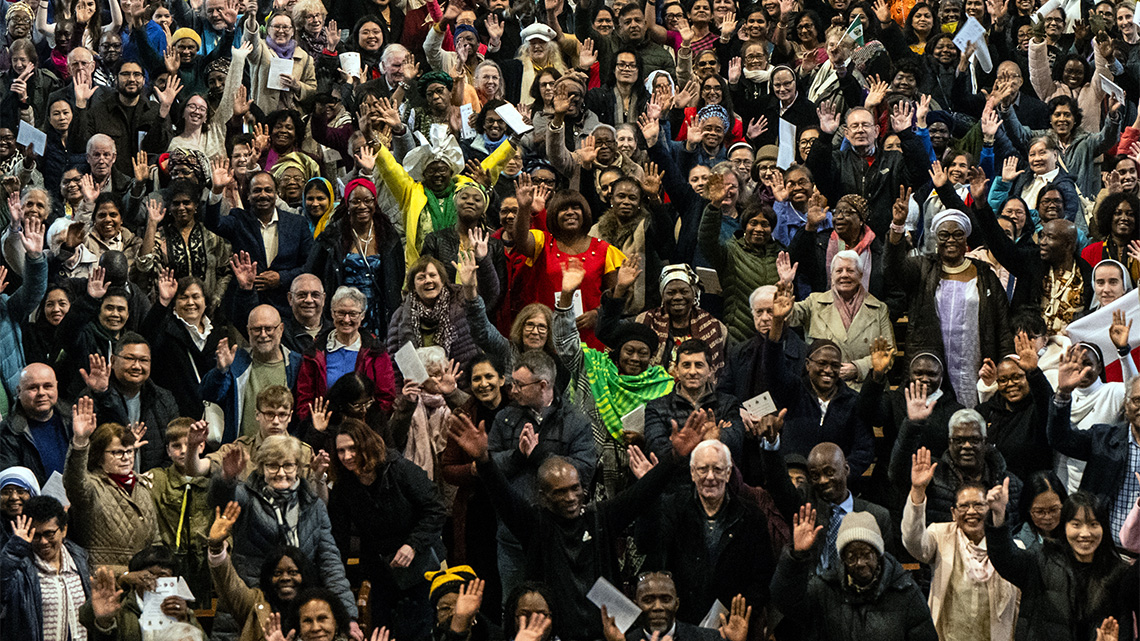When reflecting on her experience, Joanna Marie Oliva came to understand that racial justice is ultimately respecting the inalienable dignity of every individual.

Before coming to the UK, I knew very little about racial justice. I grew up in the Philippines, where my interaction with people of different races were limited. When I did encounter individuals from other racial backgrounds, they were mostly white relatives.
From my Christian upbringing, I was taught that everyone is created in the image and likeness of God. This belief instilled in me a deep respect for every individual. My parents consistently emphasised the importance of respecting others, regardless of their background, and they reminded me to uphold the dignity of every individual, especially the marginalised.
Moving to the UK was a different experience. Shortly after my arrival, during the height of the pandemic someone shouted at me, “Go back to your country! Bring your virus with you!” assuming I was from China. Another incident occurred at a conference when I introduced myself as Filipina. The woman sitting next to me responded, “Oh that’s perfect! I’m looking for a nanny and cleaner. Would you be available?” While I take immense pride in the noble work of my fellow Filipinos in domestic service, I felt that these assumptions were a form of racial injustice and discrimination.
Although I had lived in Latin America for some time, it was only in the UK that I fully grasped the significance of racial justice. Here, I met people whose families had experienced slavery and who continue to endure modern slavery. Through my colleagues and friends at the Bakhita Centre, a research centre at St. Mary’s University focused on slavery, exploitation, and abuse, I gained deeper insight into the harsh realities faced by many. I realised that not everyone is given the same opportunities simply because of their racial background.
I feel incredibly blessed that St. Mary’s University actively promotes racial justice. I have felt welcomed and supported by the university community, as well as by the pastoral care of the Assumption Sisters and the chaplaincy. These experiences have been eye-opening for me. In the Philippines, my family came from a relatively privileged background, but being in the UK placed me in situations where I experienced disadvantage based on my racial background.
However, I recognise that my experiences are nothing compared to what others have endured and continue to endure. While I have faced moments of discriminations, many people experience systemic racism daily, whether in education, employment, healthcare, or the criminal justice system. Learning about these injustices has deepened my understanding and strengthened my resolve to stand in solidarity with those who suffer from racial discrimination.
Through these experiences, I have come to understand that racial justice is ultimately respecting the inalienable dignity of every individual. True justice ensures that everyone, regardless of race, has the right to live a dignified life, free from prejudice and discrimination. This reflection has deepened my commitment to advocating for a more just and equitable world.